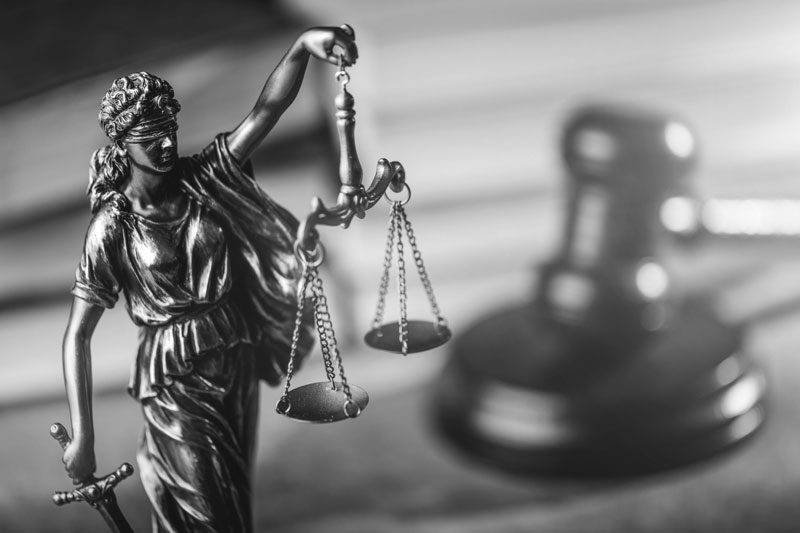Accusations of sexual assault can be a life-altering and precarious situation for the accused. Sadly, modern history had not been friendly to accusers before several high-profile backlashes to decades of shameful victim-blaming culminated in the “Me Too” movement. But we’re now experiencing a trend of over-correction, often putting the accused under a microscope of presumed guilt, at least in the public eye, before the legal process plays out.
The law is still the law, however, and there are many legitimate defenses against sexual allegations available to people who believe they are innocent of wrongdoing.
Tainted evidence
The collection of evidence must adhere to strict legal guidelines, and for good reason. There are any number of ways that evidence can be illegally discovered, improperly collected, spoiled, mishandled, haphazardly stored or ruined during lab testing. Such mistakes result in false or inconclusive results and, in a worst-case scenario, end in an innocent person being falsely accused.
Insufficient evidence
Another possible scenario is someone charged based on weak evidence. Law enforcement has a regrettable history of pushing through charges and verdicts driven by personal biases, whether it be race, religion, socioeconomic status or simply a strong dislike for the accused.
There’s seemingly a story every week about someone being released from a decades-long stay in prison after they are belatedly proven innocent. Nearly all of these situations stem from law enforcement and judges acting on insufficient evidence, giving excessive consideration to questionable testimony or ignoring conflicting evidence that supports someone’s innocence.
Mistaken identity
Unfortunately, even the sharpest of us mis-remember details, particularly in moments of stress, chaotic situations, altered states due to alcohol or drugs or even simply poor lighting. This can easily lead to an accuser identifying the wrong person as their assailant.
Misunderstandings surrounding consent
Consent, the mutual and voluntary agreement between two or more people of legal age to engage in sexual activity, has long been a legal gray area. The famous “no means no” approach to consent is increasingly viewed as too ambiguous in sexual assault cases.
There’s a movement underway to establish a more clear-cut “yes means yes” consent mentality. California was the first state in the country to enshrine this concept into law. But in the meantime, dissecting conflicting opinions of consent in a sexual assault case continues to negatively impact the accused and the accuser alike.
While sexual assault charges are grave under any circumstances, people who believe they are innocent have several paths to possibly clearing their names.

